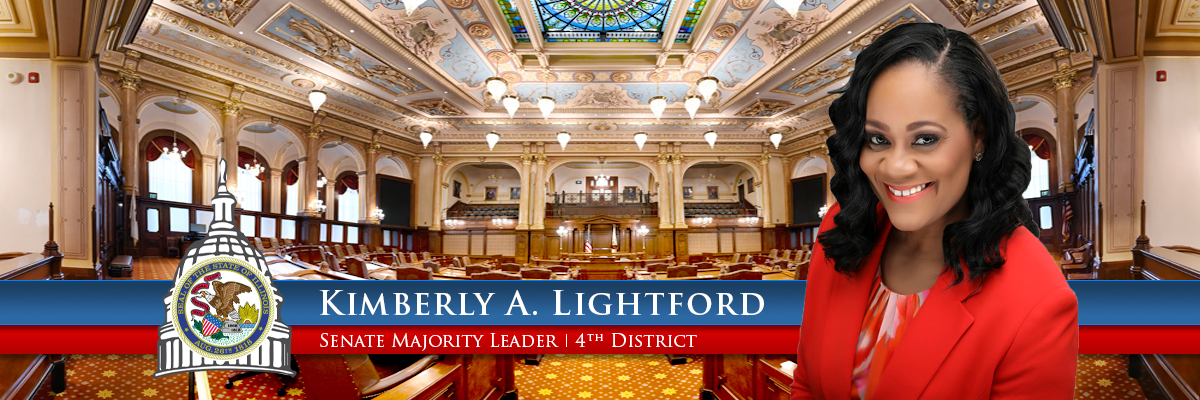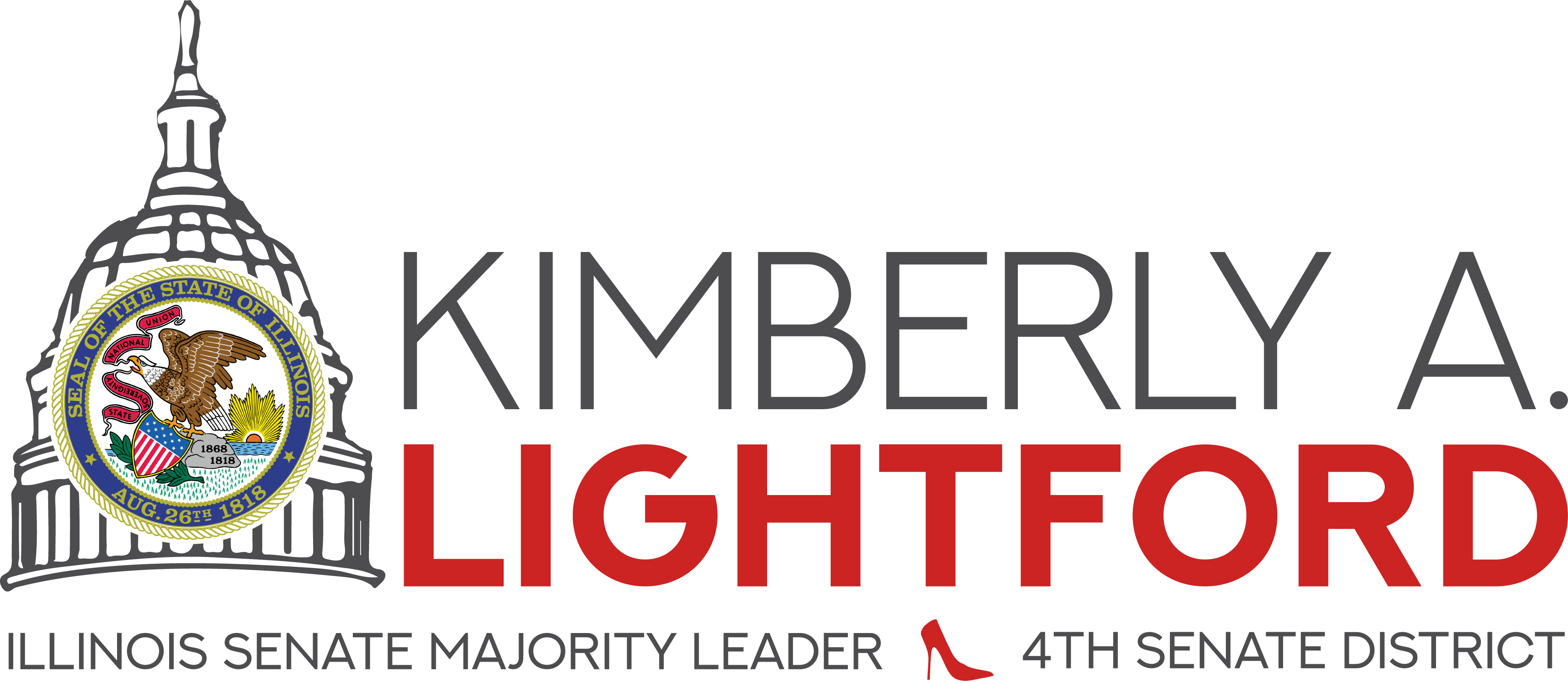 Two Senate Democrats are keeping the conversation going about overhauling Illinois’ outdated, worst-in-the-nation school funding formula.
Two Senate Democrats are keeping the conversation going about overhauling Illinois’ outdated, worst-in-the-nation school funding formula.
Senator Kimberly A. Lightford of Maywood is leading a group of lawmakers and stakeholders on developing a plan to revamp the current formula, which experts say fails to prioritize the schools that need the most help from the state.
Lightford’s group is looking at strategies to achieve both adequate and equitable state funding for Illinois’ public K-12 schools, many of which struggle to make ends meet because of high numbers of students who live in poverty, have special needs or speak English as a second language. These students cost more to educate because they require more resources to meet the learning standards set by the state.
Lightford also sits on the governor’s 25-member commission on school funding reform, which is tasked with delivering a recommendation to the governor by February. She told a public radio reporter last week that her group’s discussions have advanced farther than those of the governor’s commission.
“We are far enough ahead to identify that poverty and poverty concentration is a single issue that we have to really focus in on and really narrow,” she said. “We’ve dived into the equity conversation, and what we think is adequate. We’ve not done that on the (governor’s) commission yet.”
Senator Andy Manar of Bunker Hill, one of the legislature’s leading advocates for school funding reform, is involved in both groups. Last week he talked to members of the governor’s commission about the importance of equity in school funding.
Even with the additional investment the state made in K-12 schools this year, Illinois is unlikely to move the needle on better educational outcomes because the state does not drive enough dollars to the districts where they’re most needed, Manar told the panel.
“We invest less in children who live in poverty than those who don’t. We spend billions of dollars without appropriately accounting for the needs of students today,” Manar said. “The result is that Illinois has some of the largest income-based achievement gaps in the nation.”







